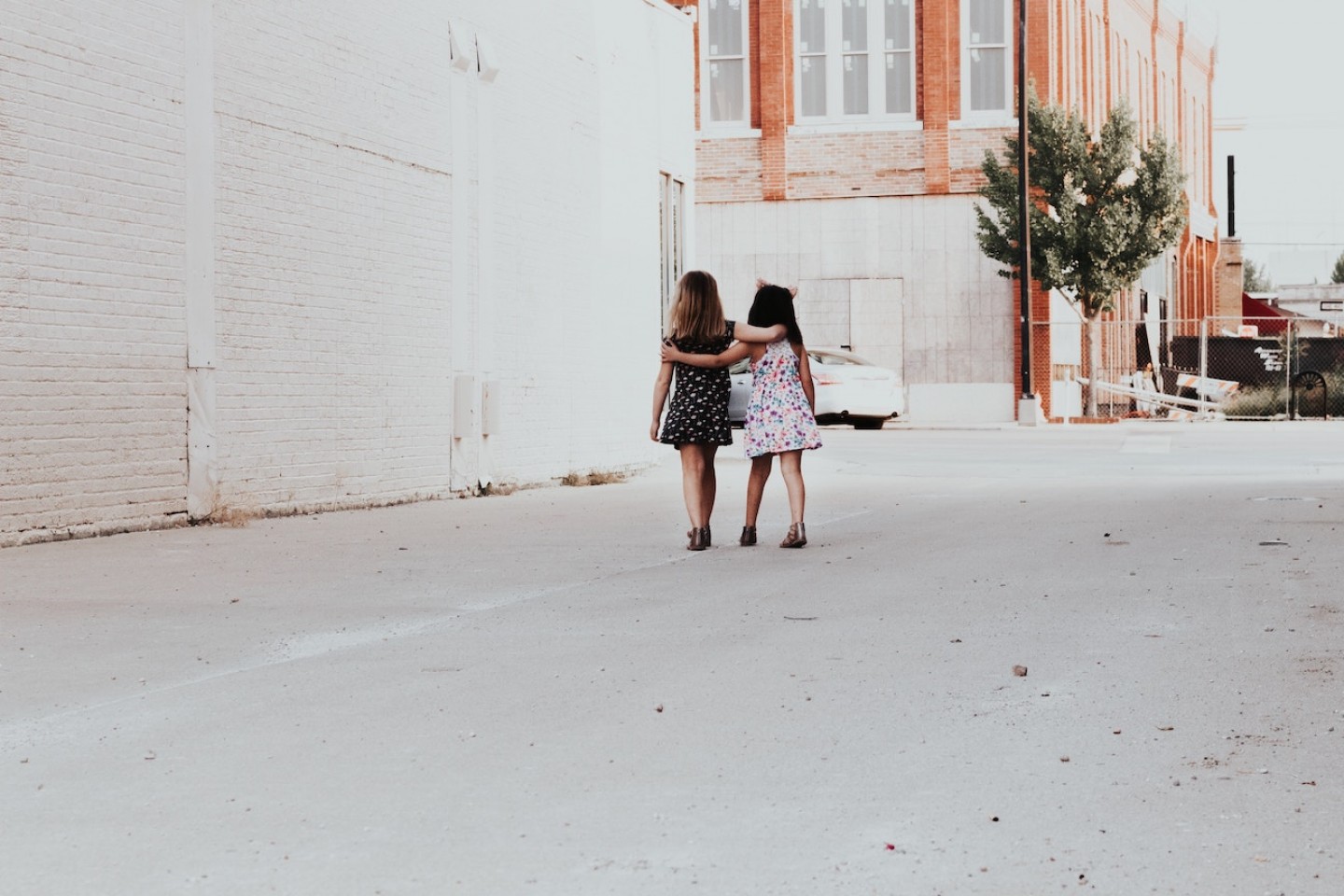“So what do you think mummy?”, my eight year old asked me. “What should I go for?”.
His birthday was coming up and he’d been talking to me about what present to ask for. “I can’t decide”. He persisted, with all the urgency of an 8 year old making a very important decision.
“I think ask for what you want.” I said. “You’ve been talking about a camera for ages, so why not go for that?”
“Yes but which one, mum?”. This time his tone was slightly exasperated.
Divided attention
In truth I hadn’t really been listening, I’d been reading an e-mail from a client and checking my WhatsApp messages.
I turned to him and realised that I hadn’t heard the points he’d just made. I guessed they were something about the pros and cons of each camera option. Guiltily, I replied, “Just run it by me again…”, and we had a conversation.
How often do we do this in our lives? Divide our attention between those we’re with and our smartphone or tablet. The great irony of our modern day communications is that they can make it ever more difficult to stay truly connected to the people we’re actually with. We’re constantly distracted by messages and notifications. It’s just too tempting.
Choose your focus
If any of this resonates, it’s not your fault. That smartphone in your hand was designed to be addictive. And most of us have fallen hook, line and sinker. We can take back control though. We still have the choice of where we put our attention, of how we use our time and energy.
Here’s an example of what I’m talking about. A friend recently posted this on Facebook:
“Ok people! I’m signing off all social media until Christmas. We have a couple of busy weeks as a family and I want to be super present for my lovely wife and kids. More time to read and reflect and just be!”
Be with who you’re with
When I was a young child we used to go to my Grannie’s house and have Christmas there most years. She was an amazing host and the meal involved multiple courses.
The thing that I remember loving the most though was after lunch when we’d sit around the table pulling crackers, telling jokes and stories and playing silly games. I loved it because it was the only time when we were all sat down as an extended family without anyone disappearing off.
The jokes were usually awful, there was always someone who didn’t get the game and one of us children stormed off because we didn’t win. It didn’t matter though. The point was that we were there, in it together.
Soon enough, there came a point when one of us -usually an adult – would get up and tidy up or watch TV. The truth was they needed some space. And that was OK too because we’d had that time of connecting.
The greatest gift that we can give to someone else is the gift of our time, our presence, our willingness to be with them and not just physically but with our full attention.
It’s also one of the hardest things to do, particularly with close family. Too often we assume we know what they are about to say because we’re so close to them. We don’t make the effort we would with someone we’d never met before.
The two best presents we can give
Most of us arrive at the Christmas break with a genuine need for some down time.
Give yourself the gift of honouring that need by scheduling in some time for yourself. A few hours to do something you really love. This is your first present – to yourself. When your own cup is full you’re much more able to give to your family when you do spend time together.
The second best present is to put that phone out of reach and just be with those you’re with in person.
So, who’s up for joining me in this?














